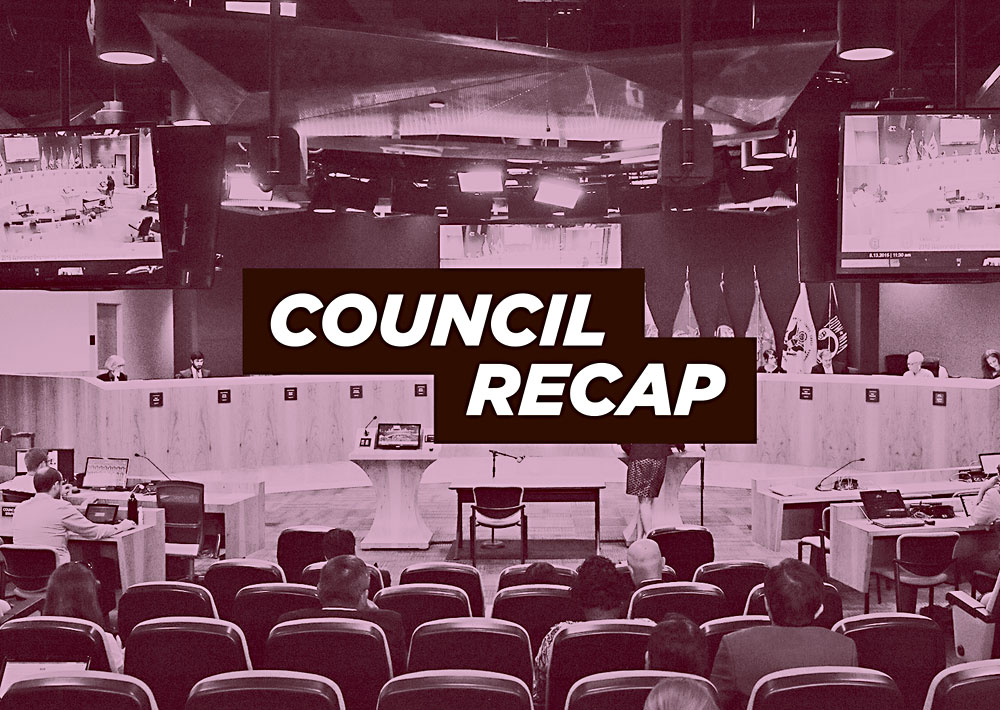Council Recap: Nothing Goes Farther Than Cash
City to launch guaranteed-income pilot program
By Austin Sanders, 12:00PM, Fri. May 6, 2022
City Council approved a pilot program at its Thursday, May 5, meeting to provide monthly payments of $1,000 to 85 households for an entire year. Once people are accepted into the guaranteed income pilot, they will not have to “prove” they still need the assistance, as many government-run financial aid programs normally require.
The pilot will cost $1.18 million, with $152,000 of that paid to UpTogether, a nonprofit based in California that the city is partnering with to administer the program. The remaining funds, which were approved by Council as a rider to the fiscal 2022 budget, will go to qualifying families. UpTogether has experience administering direct cash assistance in Austin as part of the city’s COVID-19 relief efforts in 2020 (when the group was known as the Family Independence Initiative), and is also working with the St. David’s Foundation on a similar guaranteed-income pilot program.
These programs are guided by two core principles: That poor people know best where to spend what money they have, and that their needs can change faster than traditional public assistance programs (rent support, food benefits, child care subsidies, etc.) can keep up. Austin Chief Equity Officer Brion Oaks, in a memo to Council, referenced research from the city’s Innovation Office that found such fast-breaking “financial shocks” are “the most prominent drivers of displacement” as they compound with other financial pressures – such as past-due bills that rack up late fees or payday loans that accrue interest – that can result in eviction. Unrestricted income support, Oaks wrote, should not be seen as a “gift” of public funds, but a “critical investment in families and individuals” that can improve their health and fortunes to the point where they need less help from the public sector in the long term.
Mayor Steve Adler alluded to these ideas in his comments before Council approved the program. “I just think [it’s] so misleading and so wrong” for people to characterize government assistance programs as “giveaways,” the mayor said. “The concept being tested is: What if you actually trust people to get a dollar and spend it in a way that’s most meaningful for their family?” Adler also tied the guaranteed income program, which he hopes staff will be able to scale up and sustain in future years following the pilot, to the city’s broader effort to reduce homelessness.
Mayor Pro Tem Alison Alter voted against the program, explaining in remarks before the vote that it was a complex decision for her. Alter acknowledged that the program would help families in need, but given the vast amount of need in the city and the limited financial resources the city can deploy to meet that need, she felt guaranteed income was not the right kind of program for the city to undertake. “When I look at all of the levers that I have to help families meet basic needs,” Alter said. “I have been unable to reach the conclusion that this investment, at this time, is the best way for me to respond to those needs.” Council Members Leslie Pool and Mackenzie Kelly, both of whom have similar reservations about guaranteed income (and, in Kelly’s case, about the proper role of government), did not attend the May 5 meeting.
Worth a read: "We recognize it's getting much more expensive to live in Austin, and more and more people are struggling to make ends meet. But we question if providing unrestricted cash payments to residents is the appropriate role of city government." https://t.co/BVh7dSi7bK
— Mackenzie Kelly (@mkelly007) May 4, 2022
Guaranteed income programs have lofty goals, and though similar programs exist in about 50 American cities, they remain largely untested as a means of reducing poverty. Council’s vote to create Austin’s pilot was postponed from its April 21 meeting in part because of questions about how to assess its effectiveness; staff intends to work with the Urban Institute, a D.C.-based think tank, to evaluate the program’s success. That analysis will include interviews with participants and stakeholders to identify potential improvements for future iterations of the program, as well as a “quasi-experimental quantitative analysis” comparing outcomes for program participants and non-participants. Some suggested metrics include the ability to cover a $400 emergency expense; ability to access preventive health care and maintain a healthy diet; and “ability to live fully,” which could be measured by how frequently guardians cook meals for children or have time for hobbies and interests.
Concerns were also raised by CMs that Texas law may not allow a guaranteed income program that’s not targeted to address specific public policy challenges that the city faces. Staff intends to focus on qualifying indicators to select participants, such as households facing eviction, utility customers who consistently miss payments, or people transitioning from homelessness into supportive housing.
Right now, all the data we have on UpTogether’s success comes from the nonprofit itself. At a press conference earlier in the day, Ivanna Neri, UpTogether’s Southwest partnership director, said preliminary results from the St. David’s Foundation pilot showed that all of the program’s 125 participants used the money to pay for basic necessities like housing, food, clothes, and gas. An independent analysis of a publicly funded pilot could go a long way in testing the underlying theory of guaranteed income – that empowering people through unrestricted financial assistance can be both an efficient and more dignified way of reducing poverty.
Got something to say? The Chronicle welcomes opinion pieces on any topic from the community. Submit yours now at austinchronicle.com/opinion.
A note to readers: Bold and uncensored, The Austin Chronicle has been Austin’s independent news source for over 40 years, expressing the community’s political and environmental concerns and supporting its active cultural scene. Now more than ever, we need your support to continue supplying Austin with independent, free press. If real news is important to you, please consider making a donation of $5, $10 or whatever you can afford, to help keep our journalism on stands.
Lina Fisher, Dec. 9, 2022
Austin Sanders, Nov. 19, 2021
Jan. 6, 2023
Dec. 30, 2022
Austin City Council, City Council, guaranteed income, UpTogether, Brion Oaks, St. David's Foundation, Steve Adler, Mackenzie Kelly, Alison Alter









